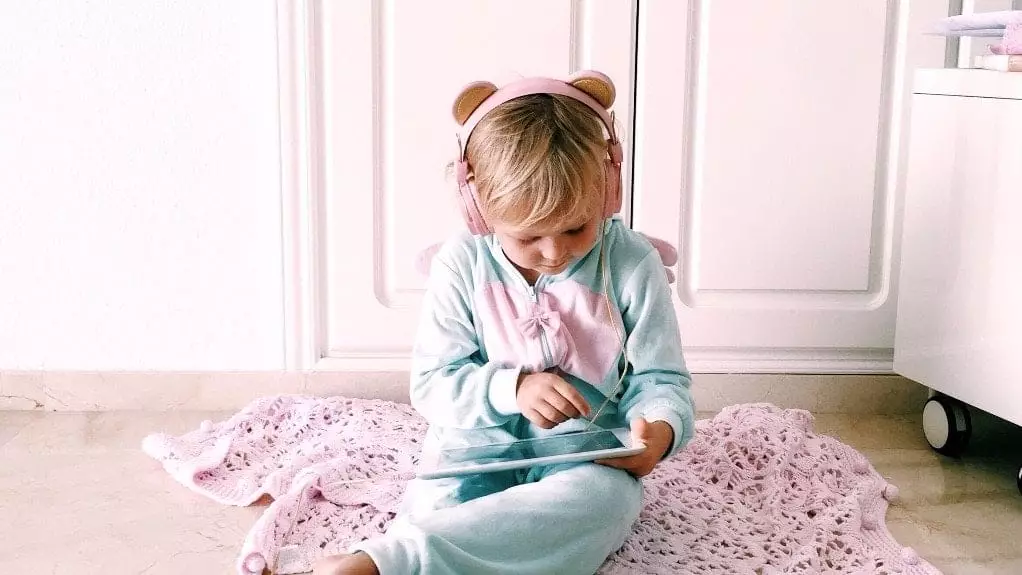Raising a child can be an adventure filled with joys and challenges, especially when it comes to children who experience anxiety. The delicate nature of their emotional state often requires parents to be patient and proactive. For many, the notion of having an anxious child can elicit feelings of helplessness and concern. These children possess a unique ability to worry about issues that others might not even notice, leading them to internalize stress far beyond what is typical for their age.
When faced with such a scenario, parents may find themselves in a constant state of vigilance, anticipating potential triggers of anxiety in their children. The situation can grow particularly overwhelming during the night when the quiet of darkness allows an anxious child’s thoughts to spiral into a whirlwind of worries. Concerns that might seem trivial to an adult can take on monumental proportions for these children, leading to sleepless nights and heightened parental anxiety.
One of the best strategies for addressing childhood anxiety is to establish a stable foundation at home. It’s essential to cultivate an environment where children feel secure. This safety can be fostered through routine and familiarity, providing consistent schedules and predictable activities. By allowing children to grasp the details of any potential changes, we give them the power to navigate unpredictability.
Parents might do well to spend time discussing upcoming events with their anxious child—it can be as simple as a family outing or a school change. Engaging in open dialogue allows the child to voice their concerns, alleviating some of the burden of those worries. This process of over-communication may seem tedious, but it can be a lifesaver, strengthening the emotional bond between parent and child and fostering a sense of security.
Utilizing Professional Support
Beyond familial support, professional help can also play an invaluable role in managing anxiety in children. Seeking the guidance of a therapist can equip both the child and the parents with valuable coping strategies. Such professional intervention often validates feelings and teaches practical tools for addressing anxiety, turning abstract fears into manageable challenges.
Parents have reported that therapy sessions with their children have brought clarity and understanding. By identifying triggers of anxiety, families can approach life with increased awareness, thereby establishing stronger emotional connections and leading to fewer misunderstandings. By taking purposeful steps, parents can assuage their children’s fears and create paths to emotional resilience.
Establishing a Calming Night Routine
The nighttime hours can become a battleground for anxious children, as worries tend to surface when the mind seeks rest. Thus, creating an effective bedtime routine can be vital in mitigating anxiety. This routine is not just about engaging in calming activities; it’s about building a bridge from the stresses of the day to the sanctuary of sleep.
Incorporating practices such as stretching, reading, or breathing exercises can help children transition into a state of calm. For instance, when a child feels anxious, employing mental exercises can serve as a powerful tool to displace negative thoughts, allowing them to reclaim control over their emotions. Parents should encourage their children to explore various calming techniques, promoting autonomy in managing their anxiety, which can ultimately boost their self-confidence.
Despite best efforts and the implementation of various strategies, there will be times when an anxious child still faces sleepless nights. During these moments, it’s crucial for parents to maintain a sense of compassion and acceptance. Remembering that every child is unique in their journey with anxiety can ease feelings of helplessness.
It’s essential to practice patience and self-care amid the challenges. Parent burnout can creep in, but it’s crucial to recognize the efforts made to equip children with coping mechanisms. Witnessing your child navigate their own feelings can lead to moments of empowerment for both parent and child.
In the end, parenting a child with anxiety is not just about eradicating worries but embarking on a journey that fosters growth and resilience. Creating safe spaces, utilizing professional support, establishing calming routines, and embracing acceptance are foundational elements in nurturing an anxious child. Remember, no parent is alone in this; with love and the right strategies, both parent and child can navigate the challenges of anxiety together, emerging stronger from the experience.

